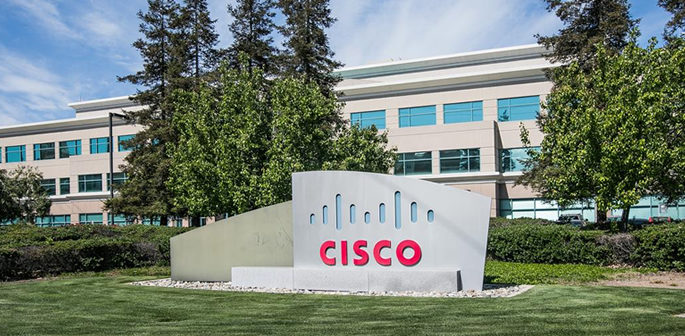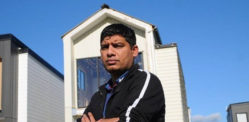"Doe was expected to accept a caste hierarchy within the workplace"
A lawsuit has been filed against two US Indian Cisco employees for allegedly discriminating another worker’s caste.
The suit claims that a Dalit employee at the IT company (referred to as John Doe) was discriminated against by Sundar Iyer and Ramana Kompella beginning in November 2016.
The lawsuit filed by the Department of Fair Employment and Housing (DFEH) says:
“Cisco engaged in unlawful employment practices on the bases of religion, ancestry, national origin/ethnicity, and race/colour against Complainant John Doe, and after Doe opposed such unlawful practices, Cisco retaliated against him.
“Cisco also failed to take all reasonable steps to prevent such unlawful practices in its workplace, as required under FEHA.”
The lawsuit explained that a ‘Dalit’ is at the bottom of the Indian caste system and that they continue to face discrimination.
According to the complaint, Cisco failed to acknowledge the unlawful nature of the conduct and failed to take action to prevent such discrimination from continuing in its workplace.
John Doe’s supervisors, Iyer and Kompella are from the highest castes.
In September 2015, the complainant was hired by Cisco and placed in a team led by Iyer.
In October 2016, two of Doe’s colleagues told him that Iyer informed them that Doe was from the Scheduled Caste community and enrolled in the Indian Institute of Technology (IIT) through affirmative action.
Iyer knew about Doe’s caste because they attended IIT at the same time. The next month, Doe confronted Iyer about disclosing his caste to Cisco’s employees, at which point Iyer denied making the comment.
Doe then contacted Cisco’s human resources and Employee Relations to file a complaint against Iyer.
Iyer later told Doe that he was taking away his role as lead on two technologies. Iyer then promoted two workers to head engineering roles, one being Kompella.
Due to these changes, Doe’s role was reduced to that of a system architect as an independent contributor and he was isolated from his colleagues.
Doe then wrote a complaint against Iyer and also alleged that he made discriminatory comments to a colleague and about a job applicant because of his religion.
However, the Employee Relations team at Cisco failed to act and closed the investigation in February 2017.
According to the complaint, Cisco Employee Relations staff indicated that caste discrimination was not unlawful. As a result, no corrective action was recommended against Iyer.
Another investigation was also closed in August 2017, with the company concluding that it could not substantiate any caste-based or related discrimination or retaliation against Doe.
The complaint stated: “Because both knew Doe is Dalit, they had certain expectations for him at Cisco.
“Doe was expected to accept a caste hierarchy within the workplace where Doe held the lowest status within the team and, as a result, received less pay, fewer opportunities, and other inferior terms and conditions of employment because of his religion, ancestry, national origin/ethnicity, and race/colour.
“They also expected him to endure a hostile work environment.”
“When Doe unexpectedly opposed the unlawful practices, contrary to the traditional order between the Dalit and higher castes, Defendants retaliated against him.
“Worse yet, Cisco failed to even acknowledge the unlawful nature of the conduct, nor did it take any steps necessary to prevent such discrimination, harassment, and retaliation from continuing in its workplace.”
DFEH went on to claim that in February 2018, Kompella became the Interim Head of Engineering for Cisco’s team after Iyer stepped down.
In the role, Kompella supervised Doe and continued to discriminate, harass, and retaliate against Doe.
Examples include giving him assignments that were impossible to complete under the circumstances.
The State of California has demanded a jury trial.
Bar and Bench reported that Cisco is among the top five H-1B visa users in the United States. More than 70% of these H1-B workers come from India.
Cisco’s second-largest workforce is in India after San Jose. The company has over 75,000 employees worldwide.





























































